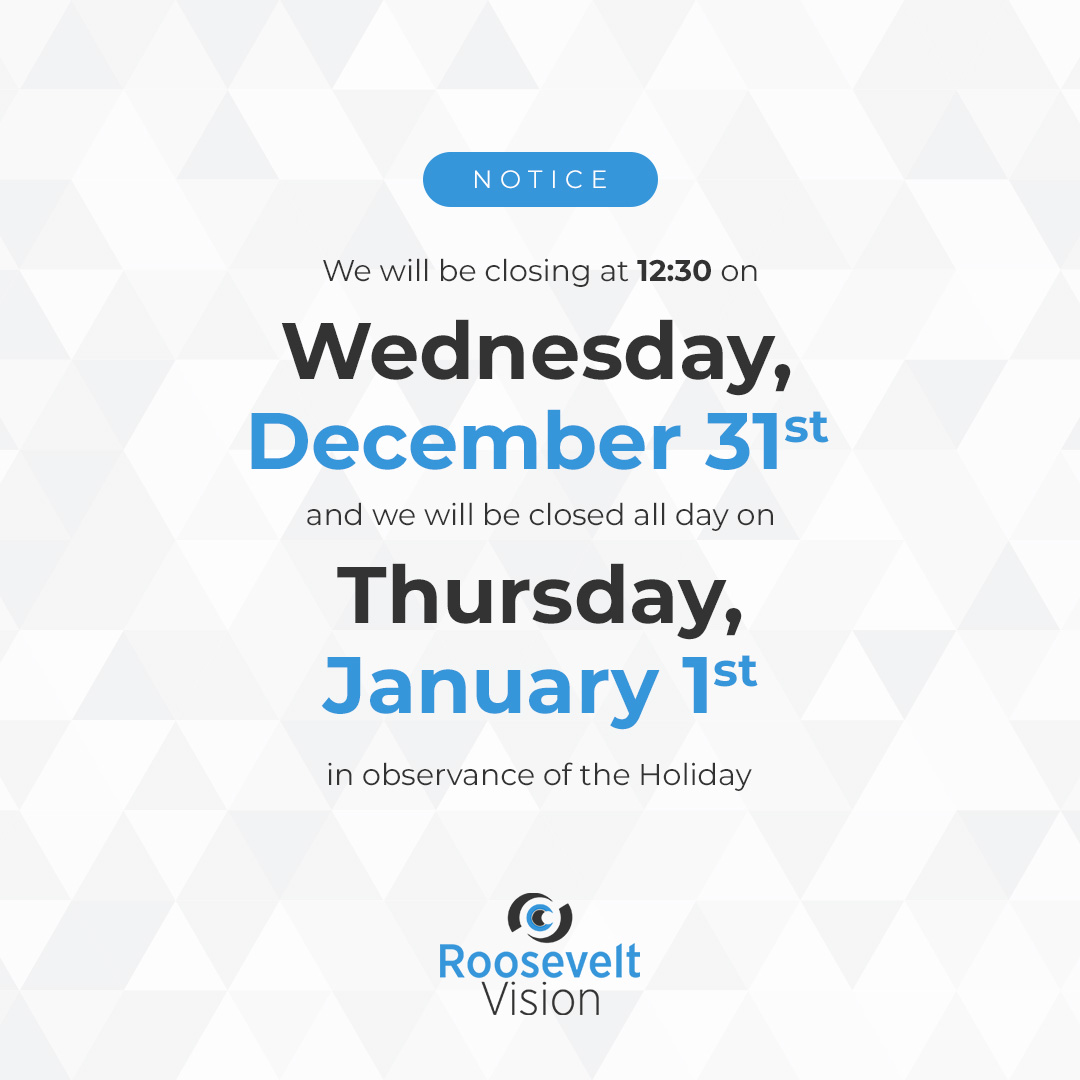
Children’s Eye Exam
As a parent, ensuring your child's overall well-being is a top priority, and that includes their visual health. Regular eye exams are crucial for detecting and addressing potential vision problems early on, enabling your child to thrive academically, socially, and developmentally.

Signs Your Child May Need an Eye Exam
While some vision problems may be evident, others can be more subtle. It's essential to be vigilant and watch for the following signs that may indicate the need for an eye exam:
Common symptoms include:
Squinting or frowning when trying to focus
Frequent eye rubbing or blinking
Sensitivity to light or glare
Holding objects too close or sitting too near the TV or computer screen
Frequent headaches or eye strain
Losing their place while reading or using a finger to guide their eyes
Tilting their head or covering one eye to see better

What is a Pediatric Eye Exam?
A pediatric eye exam is a comprehensive evaluation of your child's vision and eye health. It is designed to detect and address any potential vision problems or eye conditions that could interfere with your child's development and learning abilities.
During a pediatric eye exam, our optometrist will assess various aspects of your child's vision, including:
Visual acuity
Eye alignment and coordination
Eye movement and focusing abilities
Depth perception
Color vision
Overall eye health
The exam is tailored to your child's age and developmental stage, ensuring a comfortable and engaging experience.
What to Expect During a Pediatric Eye Exam
Preparing your child for their eye exam can help make the experience more enjoyable and stress-free.
Here's what you can expect during a typical pediatric eye exam:
Case History
Our team will ask you about your child's medical history, any vision concerns, and any family history of eye conditions.

Vision Screening
This initial screening assesses your child's visual acuity using eye charts or picture tests, depending on their age and comprehension level.

Binocular Vision Testing
These tests evaluate how well your child's eyes work together, assessing eye coordination, depth perception, and focusing abilities.

Color Vision Testing
This test determines if your child can distinguish different colors and shades accurately.

Refraction
This procedure determines the appropriate lens prescription, if needed, to correct any refractive errors like nearsightedness, farsightedness, or astigmatism.

Axial Length Measurement
This diagnostic test measures the length of the eye from the front of the cornea to the back curve of the eye.

Eye Health Evaluation
Our team will use specialized instruments to examine the internal and external structures of your child's eyes, checking for any abnormalities or potential issues. Administration of eye drops may be used to relax the eye muscles and dilate the pupils, allowing for accurate measurement of refractive errors and thorough examination of eye.

Common Eye Conditions Detected in Children
During your child’s eye exam, our team may identify various eye conditions that can affect your child's vision and overall eye health. Some common eye conditions detected in children include:
Refractive Errors

Myopia (nearsightedness), hyperopia (farsightedness), and astigmatism (irregular curvature of the cornea or lens).
Amblyopia (Lazy Eye)

A condition where one eye develops weaker vision due to improper brain-eye communication.
Strabismus (Crossed or Wandering Eyes)

A misalignment of the eyes, causing them to point in different directions.
Convergence Insufficiency

A condition that makes it difficult for the eyes to work together when focusing on nearby objects.
Color Vision Deficiency

A decreased ability to distinguish certain colors, often inherited.
Eye Muscle Imbalance:

Weakness or lack of coordination in the eye muscles, affecting eye movements and focus.

The Importance of Early Detection of Myopia in Children
The impact of myopia in children can have significant implications for their visual health and overall well-being. Myopia is becoming increasingly prevalent worldwide, and its effects on children's vision can be profound.
Myopia often progresses during childhood and adolescence, leading to increasingly stronger prescriptions and higher degrees of myopia. High myopia is associated with an elevated risk of eye diseases such as retinal detachment, glaucoma, and myopic maculopathy in later life.
Myopia management involves strategies aimed at slowing the progression of myopia in children. These strategies may include the use of specialty soft contact lenses, atropine eye drops, and orthokeratology (Ortho-K) lenses. By addressing myopia early and implementing effective myopia management strategies, parents can help minimize the impact of myopia on children's vision, promote healthy visual development, and reduce the long-term risks associated with high myopia.
By choosing Roosevelt Vision for your child's eye exam, you can be assured that they will receive comprehensive, personalized care from a team dedicated to preventative eye care, optimal vision and visual function.
Take a proactive approach by scheduling your child’s eye exam today.

















